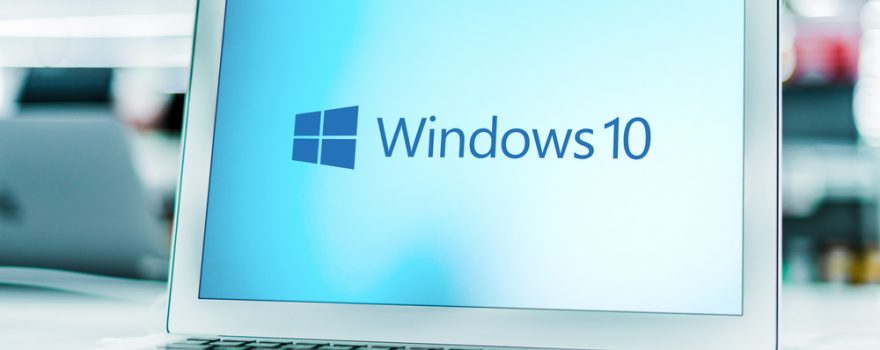
In the ever-evolving realm of operating systems, Windows 10 stands tall as the reigning champion, capturing a substantial 71.64% of the global Windows-based market share, according to recent data from StatCounter. Surprisingly, its successor, Windows 11, lags behind with a 23.61% market share, a trend that has raised more than a few eyebrows in the tech world.
This comprehensive analysis by StatCounter took into account all Microsoft Windows operating systems released over the past two decades, showcasing a competitive landscape including Windows 7, 8/8.1, and XP. Windows 7 secured the third spot with 3.34% of the market, while Windows 8.1, Windows 8, and Windows XP each accounted for less than 1%.
Windows 11, despite being the second most popular Windows OS currently, has not matched the rapid adoption rates witnessed by its predecessor. Windows 10, two years after its 2015 launch, had claimed a significant 32.84% market share, a staggering 10% more than Windows 11 over the same period.
Now, a staggering 1.4 billion active devices worldwide run on either Windows 10 or Windows 11. However, Windows 11’s lukewarm reception isn’t entirely surprising. The OS faced criticism for its revamped Start menu and taskbar, which omitted some beloved features from Windows 10. Additionally, higher system requirements, including the need for a compatible TPM, further impacted its adoption rates. Although workarounds were available for machines without a TPM, the overall user experience was affected.
Despite these challenges, Windows 11 does introduce notable enhancements, including Microsoft’s AI assistant, Copilot, alongside widgets and full support for DirectStorage. However, certain features, such as displaying the program name along with the icon or allowing users to relocate the taskbar, are still missing compared to its predecessor.
This OS saga also unfolds in the gaming realm, where Windows 10 dominates with a 58% share according to the September Valve Hardware Survey, compared to Windows 11’s 37%. These figures underscore the enduring appeal of Windows 10 among gamers, showcasing a user loyalty that has remained steadfast even in the face of newer offerings.
As Microsoft continues to refine its Windows offerings, the battle between Windows 10 and Windows 11 serves as a compelling narrative, demonstrating the delicate balance between innovation and user preference in the ever-competitive world of operating systems.

 Get in Touch
Get in Touch 


